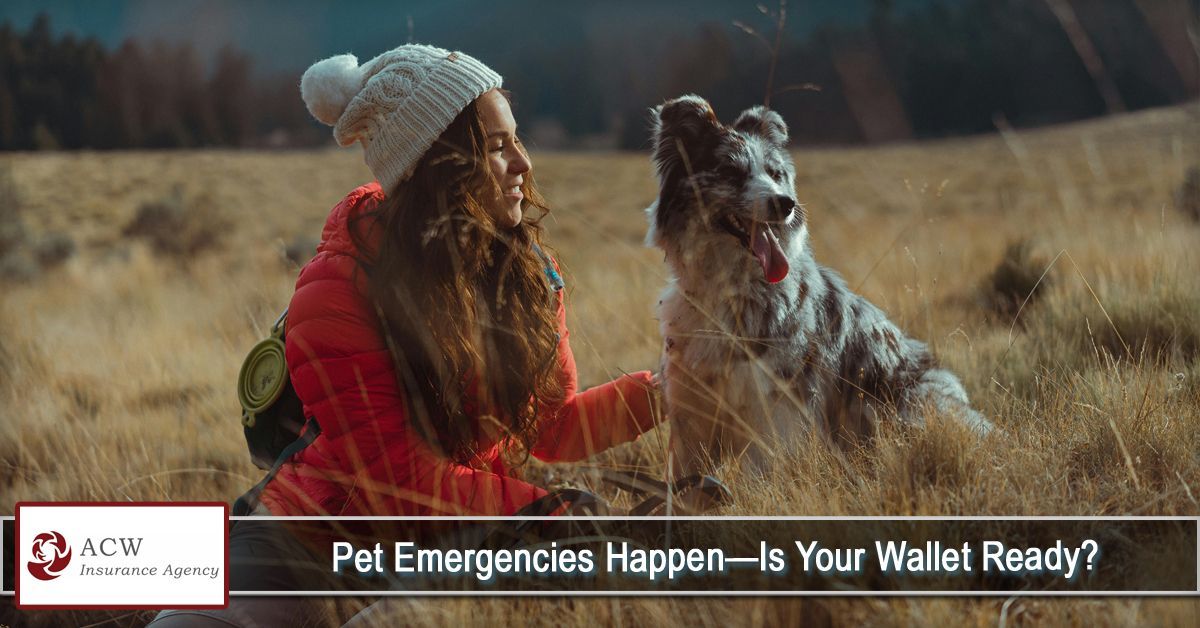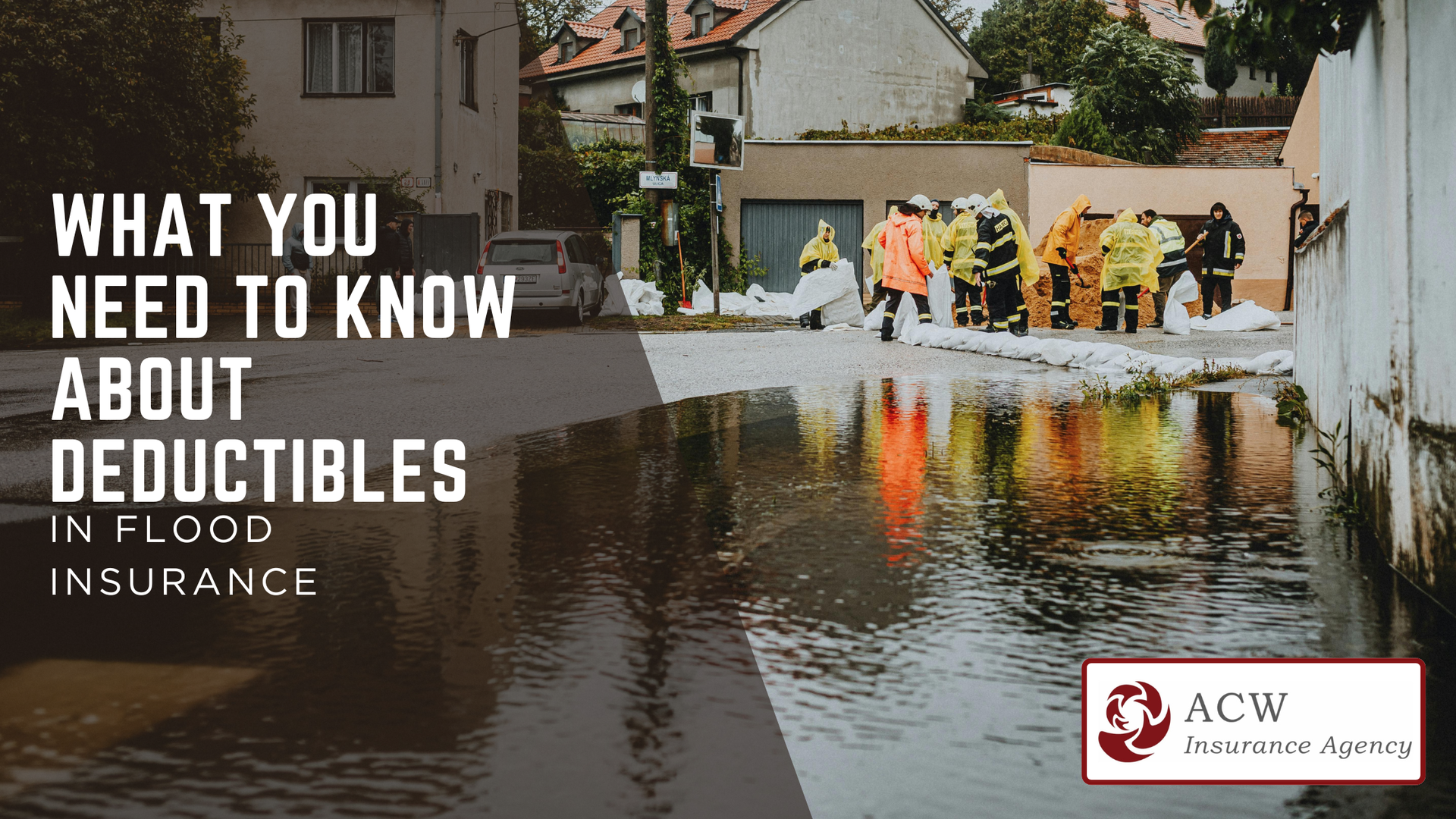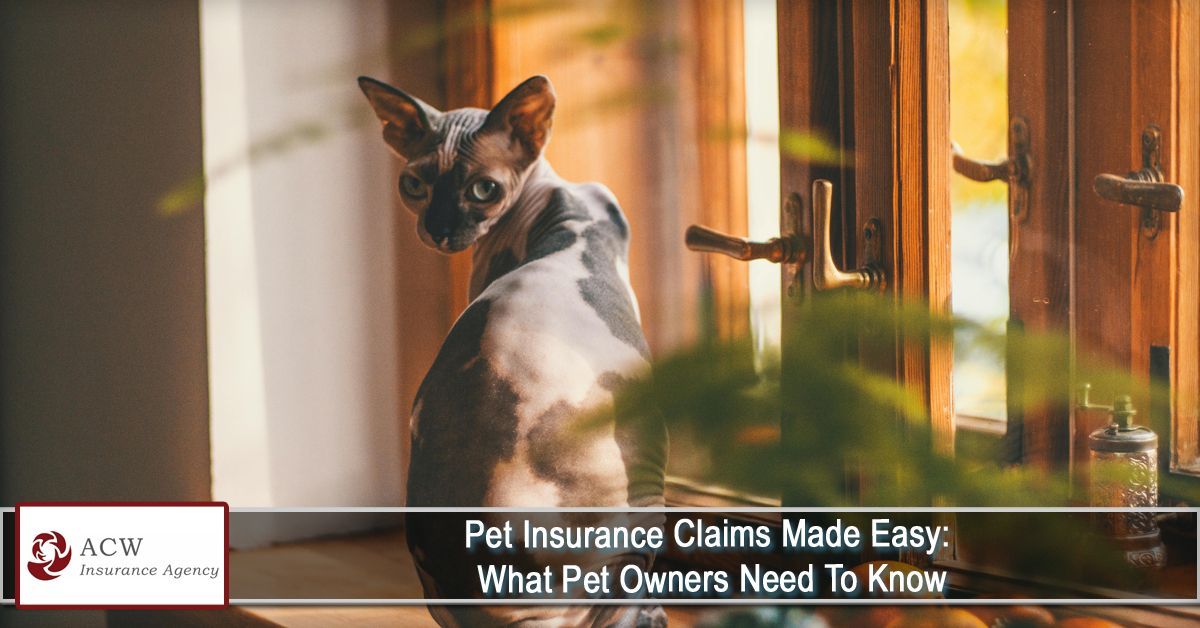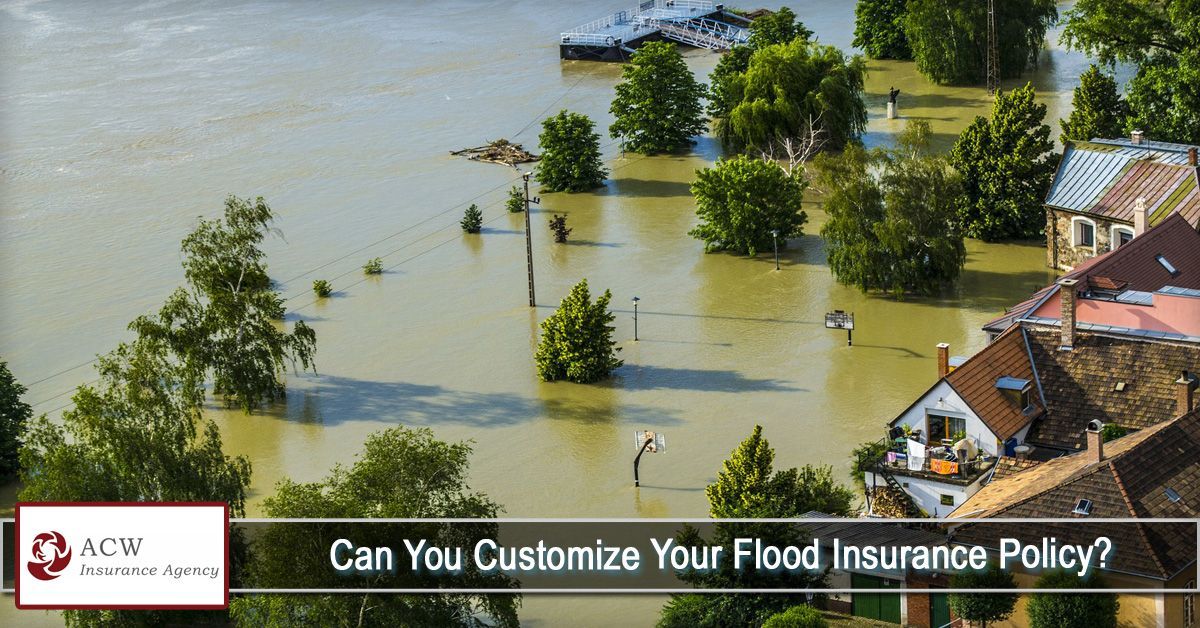
Your furry friend is part of the family—and just like humans, pets can experience sudden accidents, injuries, or illnesses that require immediate medical attention. Whether it's a late-night trip to the emergency vet, a swallowed sock, or a chronic condition like diabetes, unexpected vet bills can add up fast. The question is: are you financially prepared?
In this article, we’ll walk you through the true cost of pet emergencies, what common situations to expect, and why pet insurance can be a financial lifesaver when every second (and dollar) counts.
The Real Cost of Pet Emergencies
Pet emergencies often come without warning, and even a single visit can strain your budget. Here’s what some common emergency treatments might cost:
Foreign object removal $1,500 – $5,000
Emergency surgery $3,000 – $7,000
Hospitalization for illness $1,200 – $4,000+
Toxic ingestion treatment $500 – $2,000
Seizure management $800 – $2,500
Fracture repair $2,000 – $6,000
Note: Prices vary based on location, pet size, and severity of condition.
Common Pet Emergencies to Watch For
Here are some of the most frequent reasons pet owners rush to the emergency vet:
- Accidental ingestion (chocolate, medications, household toxins)
- Trauma or accidents (car hits, falls, fights with other animals)
- Vomiting or diarrhea that doesn’t resolve
- Difficulty breathing or choking
- Seizures or sudden collapse
- Urinary blockage (especially common in male cats)
- Bloat (gastric dilatation-volvulus) in dogs—life-threatening without immediate surgery
Being informed about these risks is just the first step—the second is being financially ready to act fast.
Why Pet Insurance Is Worth It
Pet insurance helps you manage the unpredictable costs of veterinary care, especially in emergencies. Just like health insurance for humans, it reimburses you for a percentage of covered services, typically after you’ve met a deductible.
Key Benefits:
- Financial protection during costly medical crises
- Peace of mind—make care decisions based on need, not cost
- Coverage for chronic conditions, surgeries, diagnostics, and medications
- Customizable plans to suit your pet's age, breed, and your budget
Important: Many providers exclude pre-existing conditions, so it’s best to enroll while your pet is young and healthy.
How Pet Insurance Works
Most policies follow a simple reimbursement model:
- Visit the vet (emergency or routine)
- Pay the bill upfront
- Submit a claim with itemized invoice
- Receive reimbursement (typically 70%–90% of eligible costs)
Some plans also offer wellness add-ons that cover preventative care, vaccines, dental cleanings, and annual checkups.
Tips to Prepare for Pet Emergencies
- Have a pet emergency fund or active insurance plan
- Know the nearest 24/7 animal hospital
- Keep a list of toxic foods and substances out of reach
- Store medical records and vaccination history in one place
- Have your pet microchipped in case they get lost during a crisis
Final Thoughts: Don’t Wait for a Scare to Prepare
Pet emergencies don’t give warnings—and when they strike, they can be both emotionally and financially overwhelming. Whether it's a sudden illness or an unforeseen accident, having pet insurance gives you the confidence to act quickly without worrying about the cost.
Pro Tip: Compare pet insurance providers carefully—look at coverage limits, reimbursement rates, exclusions, and customer reviews before choosing a plan.
At ACW Insurance Agency LLC, we are dedicated to providing our clients with comprehensive and affordable insurance policies. Our commitment extends to going the extra mile to address your specific needs. To learn more about how we can assist you, please contact our agency at (772) 261-2573 or CLICK HERE to request a free quote.
Disclaimer: The information presented in this blog is intended for informational purposes only and should not be considered as professional advice. It is crucial to consult with a qualified insurance agent or professional for personalized advice tailored to your specific circumstances. They can provide expert guidance and help you make informed decisions regarding your insurance needs.









